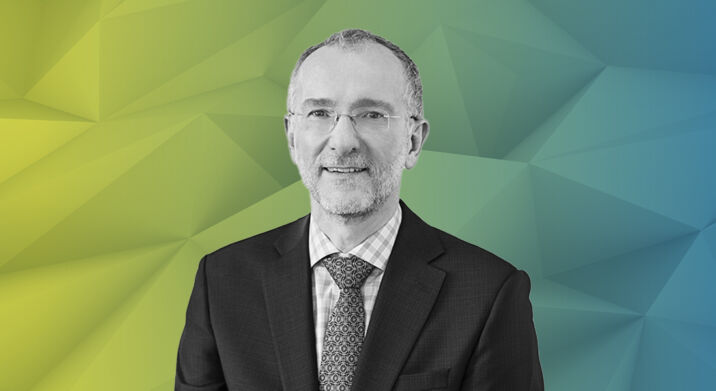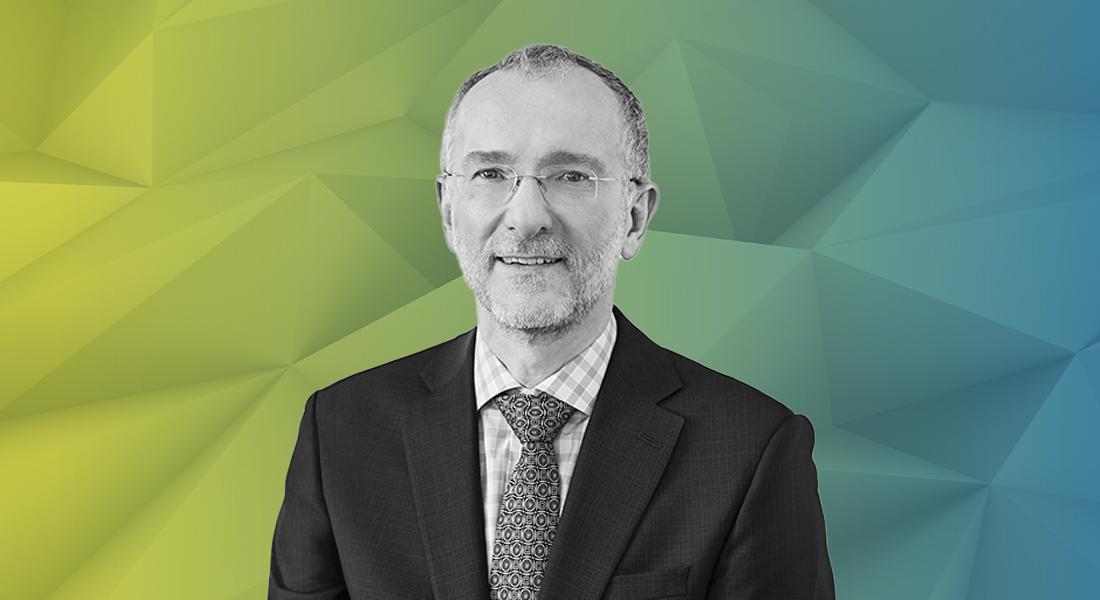
Caisse de dépôt et placement du Québec is ready to up its investment in nature-based solutions and climate adaptation, according to head of sustainability Bertrand Millot, following the publication of its 2025-2030 Climate Strategy.
La Caisse – until recently known as CDPQ – is one of the world’s largest investors in private markets. It is the eighth-largest investor in private equity globally and the number one investor in private infrastructure, according to PEI Group data.
It is also one of the most ambitious large asset owners when it comes to climate. The fund first set portfolio decarbonisation targets in 2017, which were then raised in 2021. La Caisse achieved these years ahead of schedule: by the end of 2024, it had decreased the carbon intensity of its portfolio by 69 percent since 2017, surpassing its previous goal of a 60 percent reduction by 2030, according to its latest sustainable investment report.
The Canadian fund has manged to do this while also delivering strong financial performance. The annualised return of its energy transition investment strategy was nearly 12 percent over five years, CEO Charles Emond said in the report.
La Caisse is now aiming to reach C$400 billion ($292 billion; €250 billion) in climate action investments by 2030. This spans companies committed to decarbonising their activities, as well as investments in climate solutions. It is an ambitious goal: the fund currently has C$158 billion in investments that meet the criteria.
“Our first climate strategy back in 2017 was to increase our green investments,” Millot told New Private Markets. “Then in 2021, we said that we would create a transition envelope which was designed to invest in high emitters and help them decarbonise. Both the green investments and the high-emitting activities were relatively narrowly defined. What we’re now doing is broadening the whole concept while remaining rigorous in our approach.”
Climate solutions
La Caisse has already proven itself a ready investor in private markets climate funds, having committed to strategies managed by Energy Impact Partners, TPG and Diagram, among others.
In the next five years, the fund is particularly keen to bolster its investment in nature-based solutions. “There is traditional green [energy], renewable power, sustainable transport, green buildings. We want to do more sustainable agriculture and forestry. We have a team doing that and we’ll continue,” Millot said.
Climate adaptation and resilience is another area of focus. In this regard, La Caisse is not alone among large institutional asset owners. Singaporean sovereign investor GIC published research in May which found that climate adaptation solutions are projected to grow from $1 trillion today to $4 trillion by 2050, Viola Tang, senior vice-president, sustainability office, said on stage at RI Europe in London last month.
“We’re open for business on adaptation: the protection against climate change and future meteorological events. We know the market for this is very, very big. However, it’s in its infancy today. Governments need to indicate where they want things built and define their needs, but it is clear that trillions of dollars will have to be invested in this,” Millot said.
Beyond conventional climate solutions, Millot is also keen for the pension to invest in climate solution “enablers”.
“An enabler is a constituent of something that is a climate solution, but is not green itself, such as a lithium mine or a maker of drip irrigation systems, which would enable sustainable agriculture. We’re expanding in this area and a lot of that will happen in private markets,” he explained.
While keen to develop enabling companies, Millot emphasised the need to be scrupulous in assessing companies’ contribution to the energy transition.
“We need to be careful about those enablers; we use the International Capital Markets Association taxonomy. We need to be very careful about greenwashing, so there really needs to be a clear intrinsic link with the climate objectives of the product that it enables,” he added.
Getting ready
La Caisse’s target includes investments that support companies that integrate the climate into their business model. This involves supporting portfolio companies to reach decarbonisation goals and backing companies with high-quality transition plans.
Previously, the fund has focussed its work in this area on the most carbon-intensive companies, but it is now broadening its approach, Millot explained.
“It’s important for everybody, not just high emitters. It’s important for low emitters. It is important for every company to think about how they could reduce their carbon footprint, both what they do themselves, but also their Scope 3 and how they can push their suppliers to become greener.
“We’re not doing it to save the planet. We’re doing it because we see investment opportunities and because we also believe that companies need to be well positioned. They need to find new business lines and be well-positioned when the whole climate agenda comes back to the fore,” Millot said.
In emphasising the business case for climate action, Millot is in step with many market actors as they seek to navigate a landscape of increased polarisation following the election of Donald Trump in the US. Several managers took the opportunity to reaffirm the financial value of strong ESG performance in their annual sustainability reports this year.
Millot also reported seeing the now well-documented phenomenon of ‘greenhushing‘ within La Caisse’s portfolio, but was hopeful that investee companies were continuing their decarbonisation work.
“We have a sense as to where the economy is going. Despite all the noise about ESG being a bad word, we speak to portfolio companies and they tell us they are continuing on their sustainability journey because they know that this is good for business and important to customers over the political horizon. They talk less about it, but they are continuing and therefore that gives us confidence. But, in the end, that target, that $400 billion is ambitious, there is no question about it.” he said.
